"Our belief in every student's ability to reach their potential, while also increasing the bottom-line of our service buying customers, is personified as we keep thinking differently. We've helped hone that possibility via a resource that is easy to use and exceptionally organized for long-term student-2-business collaborative success. Let's get to work!"


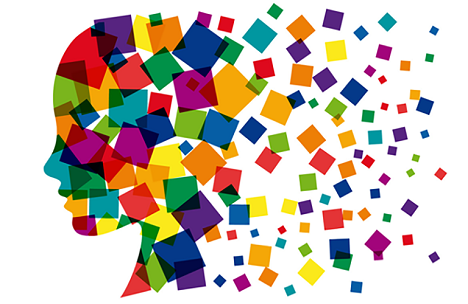



Show Off Your Best Work In Our Bi-Annual Design Competition. Design Skills Challenge
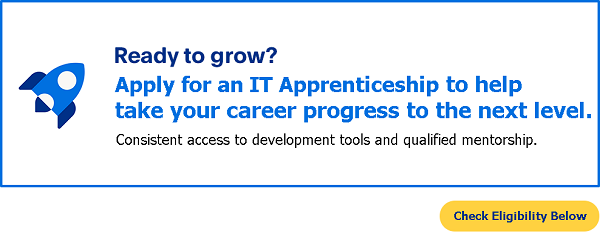


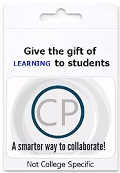
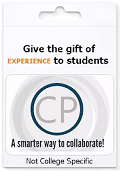
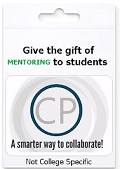
A: Management and leadership training
Professional certifications
Technical skills training
Teamwork and interpersonal skills training
Employer-subsidized degrees
A: Career development is the progression of short-term steps taken to achieve long-term professional goals. It involves the building of role-specific skill sets, and can include taking night classes, networking, seeking out a mentor and taking on new responsibilities in your current job.
A: organization development, employee development, management development, and career development.
A: Career development is the lifelong process of learning new skills, finding purpose in your work, and advancing along your career path. Career development is different from the development of specific skills, though it often includes this.
A: 1) Time management.
2) Organization.
3) Interpersonal communication
4) Customer service
5) Cooperation
6) Conflict resolution
7) Listening
8) Written communication
A: There are four essential things every professional should look for, in any industry, to find a dream job of their own: the people, the purpose, the product, and the potential..
A: Professional development goals are objectives you can set for yourself to help further your career. These might include taking steps to learn relevant skills, expand your professional network, or find more satisfaction at work.
A: Shift into a new career path
Experience career stability
Advance to a leadership position
Work towards personal development
Earn a certification
Earn a new degree
Earn a promotion
A: Flexibility
Communication skills
Conflict Resolution
Tactfulness
Work ethic
Leadership Skills
Organizational Skills
Creativity Skills
Stress Management
A: The key to career development is building your skills and setting goals for improvement. In general, you should focus on three types of skill areas: functional, self-management and special knowledge skills. In this post, we'll explore why these skills are so important and reveal how they can benefit your career.